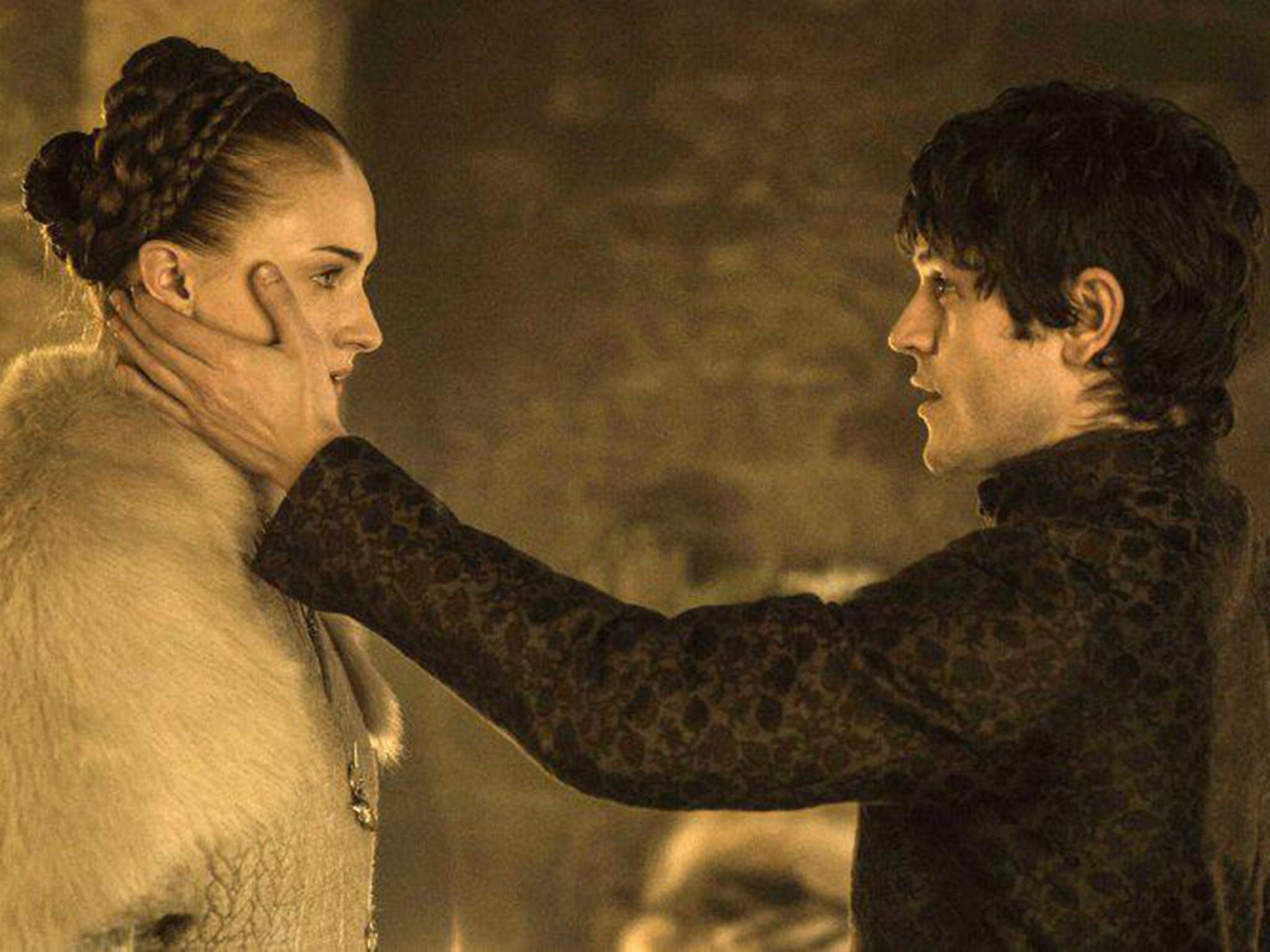Following Last Tango In Paris controversy, TV showrunner calls rape scenes a 'plague on the industry'
'The nexus of sex and violence is the cinematic equivalent of a cheap sugar rush'

Following controversy over comments made by Last Tango In Paris director Bernardo Bertolucci about an infamous scene in the film, the conversation about using rape as a plot device has once again become prominent across mainstream media.
Various showrunners and producers have spoken out against the use of rape in various media formats, primarily TV. Speaking to Variety, The Exorcist executive producer Jeremy Slater called using sexual assault for shock value “has become a plague on the industry.”
“One of my hard-and-fast rules when reading spec scripts was, the second that there was a rape that was used for shock value and that didn’t have any sort of narrative purpose, I threw the script aside. And I was shocked by the number that had that,” he told the publication.
“I would say out of those 200 scripts, there were probably 30 or 40 of them that opened with a rape or had a pretty savage rape at some point.”
Other filmmakers have also spoken out, including Lost Girl and Killjoys showrunner Michelle Lovretta, who said: “The nexus of sex and violence is the cinematic equivalent of a cheap sugar rush.
“It’s a fast-hitting combo of a lot of powerful inputs — titillation, taboo, character conflict, deep betrayal. In one scene, you could change the narrative arcs of a whole swath of your characters, and that kind of bomb can be pretty tempting for storytellers.”
Michael Green of American Gods, Ray McKinnon of Rectify, and Bryan Fuller of Hannibal also spoke out against using sexual violence.
One of the most controversial depictions of rape on TV in recent history was portrayed in Game of Thrones, when the character Sansa Stark was attacked by Ramsey Bolton.
Variety quoted one veteran female filmmaker as saying: “A guy actually came back at me and said ‘Fine, would you rather have seen [it from Sansa’s point of view]’?” And I said yes, actually. If you’re going to do it, show it, and show it from the P.O.V. from the woman, and don’t use it as a way to motivate a male character.” Read the entire article here.
Join our commenting forum
Join thought-provoking conversations, follow other Independent readers and see their replies
Comments